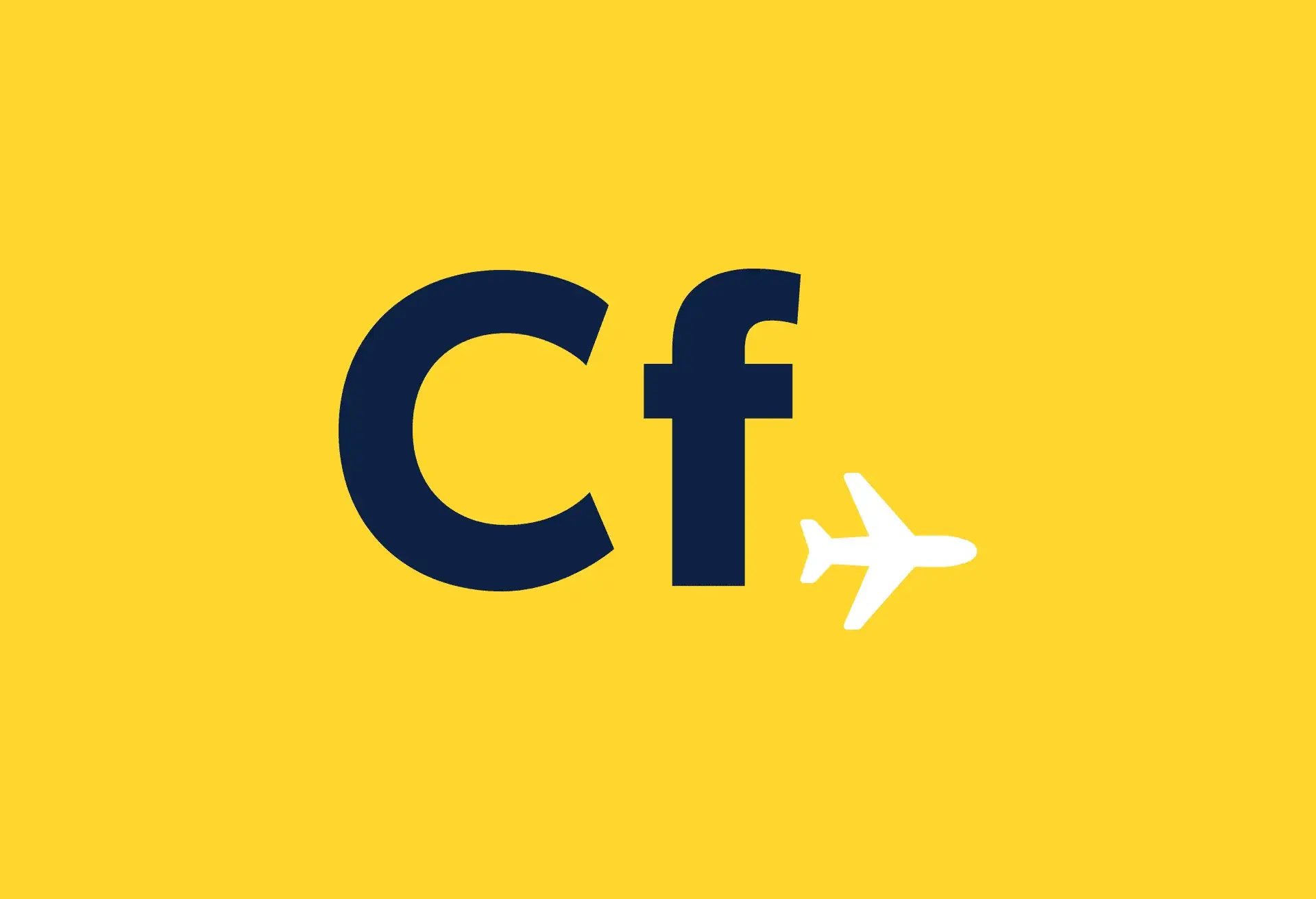Cheapflights’ Head of Corporate Communication, John Barrington-Carver takes a personal view:
It is difficult for the average traveller and tax payer to comprehend how it is, that when the world economy is in such trouble, when food and fuel prices are at historically high levels, that the EU (and the UK Government) believe that by adding taxes or removing tax breaks and rail subsidies they can stimulate economic activity. If the average family is paying more direct and indirect taxes as well as more for their food and travel then their disposable income is reduced and they are consequently unable to spend on other goods and services. These purchases would surely otherwise normally help to stimulate domestic economy and recovery and at the same time help national coffers via VAT and corporation taxes.
In these straitened times, mobility and travel are undoubtedly key components in helping revive the economy – the cost per passenger mile (PPM) is relevant in deciding whether or not to take the car, coach, train or plane – or whether to go at all. It is therefore strange that earlier this year the UK Transport Secretary flagged up that he wanted to get rid of the annual rail subsidy claiming that taxpayers could not be expected to subsidise rail travellers who already face an 8 per cent fare rise this year. The Government also aims to save £20m a year by scrapping the Coach Concessionary Travel Scheme, which offers discounts for the over-60s on long-distance coach fares. Then, last week the EU published a White Paper proposing the elimination of all EU rail subsidies “to remove anomalies”.
This could reportedly see rail fares across the UK go up by as much as 50 per cent. If successful the move would mean that UK rail travellers would have to stump up an extra £4 billion a year. Any move to remove rail subsidies will be devastating for train commuters. Taking a typical commuter rail trip such as Sevenoaks in Kent to London the commuter currently pays £2800 a year for a season ticket (not including station parking fees of £1280.50). The return mileage is 40 miles which works out at £0.27p per passenger mile. If the rail subsidy is scrapped that would soar to £0.41p per passenger mile.
Unlike road and rail, UK Aviation does not receive subsidies. Although the anti-aviation and environmental lobbies would have it that it is indirectly because there is no VAT applied to air tickets or aviation fuel; the latter because international law prevents it. They also conveniently forget that Air Passenger Duty (APD) is applied to all flights taking off in the UK, thus raising an estimated £2.2 billion annually for the Treasury. In fact therefore, aviation in the UK is subsidising the Treasury rather than the other way round…
Clearly commuter rail fares are different from short-haul national air fares, so how does short-haul domestic air travel compare cost-wise with rail travel on a PPM basis? In last week’s news, stars Brad Pitt and Angelina Jolie chartered a Virgin train to Glasgow for their family at an alleged cost of £40,000. Clearly not an option for you and me! Hence I decided to check the per passenger mile cost of a BA standard London-Glasgow return flight inclusive of taxes and fees versus the subsidised rail fare. With a 687-round trip mileage this works out at £0.20p per passenger mile for the air fare and a very similar £0.18p per passenger mile by rail. The rail PPM would certainly double if Brussels has its way leaving air travel distinctly quicker and cheaper despite APD!
Interestingly, a single driver in a car averaging 22 miles per gallon at current petrol prices produces a passenger mile cost of £0.28p without taking into account any running costs. Of course budget airlines will also fly you London to Glasgow for about half of the cost of a normal carrier – as will coaches. But you pay for what you get… Ignoring the extra costs that you inevitably build up with a budget carrier such as luggage and check-in fees, the cost per passenger mile of an advertised budget flight will drop to just over £0.10p.
A friend returning from Ibiza by budget airline recently got stuck on the tarmac for three sauna-like hours. No refreshments were offered, but they were held to ransom, charged €6 for a bottle of mineral water (you can guess which airline). A return coach trip works out at £0.08 PPM but you will be spending the best part of 18 hours on the road.
Governments are supposed to provide an integrated national transport infrastructure out of the taxes we pay. Transport subsidies in the UK have helped ensure that public road and rail travel is affordable and remains a viable option for ordinary working people. By contrast, UK aviation provides its own infrastructure and is not subsidised. However, it suffers from the imposition of APD which at current levels accounts for the 0.2p difference per passenger mile in the London-Glasgow return fare example used above. Even if the UK does go ahead with the highly criticised High Speed Rail project costing taxpayers up to £33 billion, if Brussels and the Transport Secretary get their way, film stars excepted, very few ordinary folks are likely to be able to afford to take the train. Domestic cheap flights to the Midlands and the North should therefore remain a distinctly viable option for ordinary people and businesses.
(Image: uggboy)


